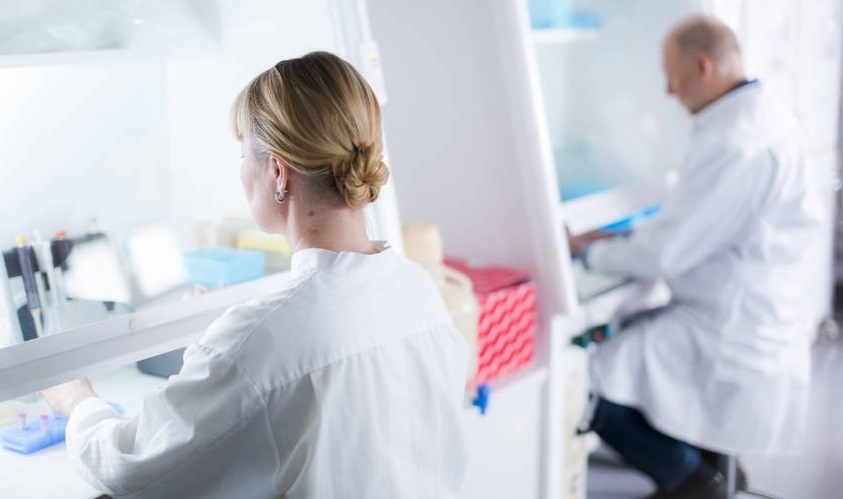THL wants rapid increase in coronavirus testing
Published : 03 Apr 2020, 00:26
Updated : 03 Apr 2020, 09:57
It is important for Finland to implement a rapid increase in coronavirus testing, said the National Institute for Health and Welfare (THL).
From the time the COVID-19 epidemic was detected in China, THL has emphasised that rapid identification of infected persons, their treatment in isolated conditions in hospital or at home, and quarantine of exposed persons at home were effective ways for preventing further infections, said a THL press release on Thursday.
Every hospital district and all key social and health-sector actors must have access to adequate sampling, testing and infection-tracing capacity. Private health-service providers must support this activity.
The test results will help each of the tested persons protect their immediate family and other close contacts from possible infection of the virus.
Increasing THE NUMBER OF Testing will also improve imely monitoring of the spread of the epidemic as well as assessment of the correct timing and scope of response measures.
Finland’s capacity is not yet sufficient for testing all suspected cases of coronavirus infection.
Social- and health-sector actors and various laboratories have made continuous efforts to increase the testing capacity so that they could meet the current needs. Currently, laboratories are able to analyse approximately 2,500 samples a day.
At this time, a total of 1,446 COVID-19 cases have been reported in Finland, which is approximately 0.03 per cent of the entire population. Although there is probably a considerably larger number of undiagnosed cases, the extensive use of antibody studies to find those already protected from the disease is currently not justified.
In the coming weeks, a research project undertaken by the THL and its partners will work on determining how many people of the population have mild symptoms or have unknowingly been infected. Tracking is essential for the monitoring of the epidemic’s progression and the effectiveness of the taken measures. In the long term, information on possible protection against the virus based on the analyses of blood samples may prove to be valuable. However, the level or duration of protection is not yet known.


